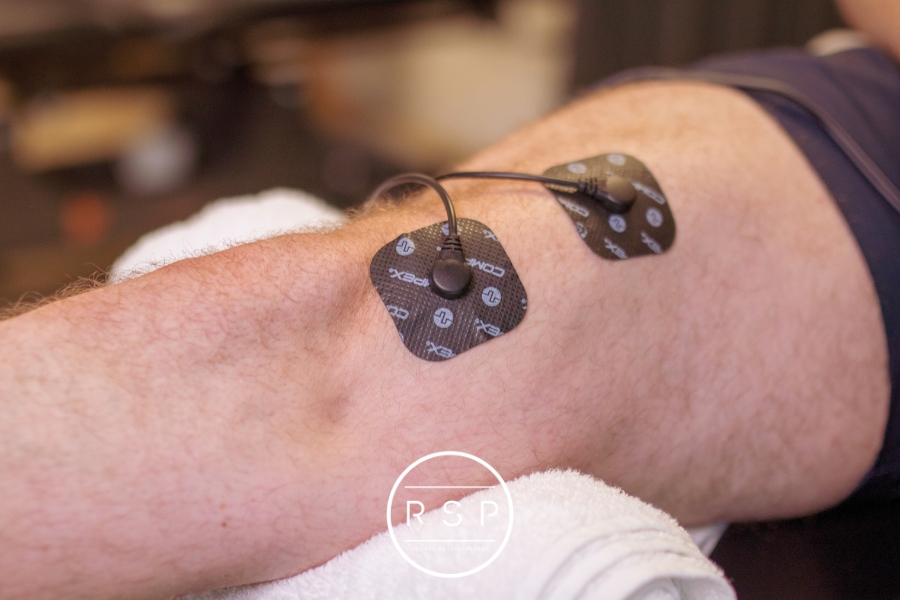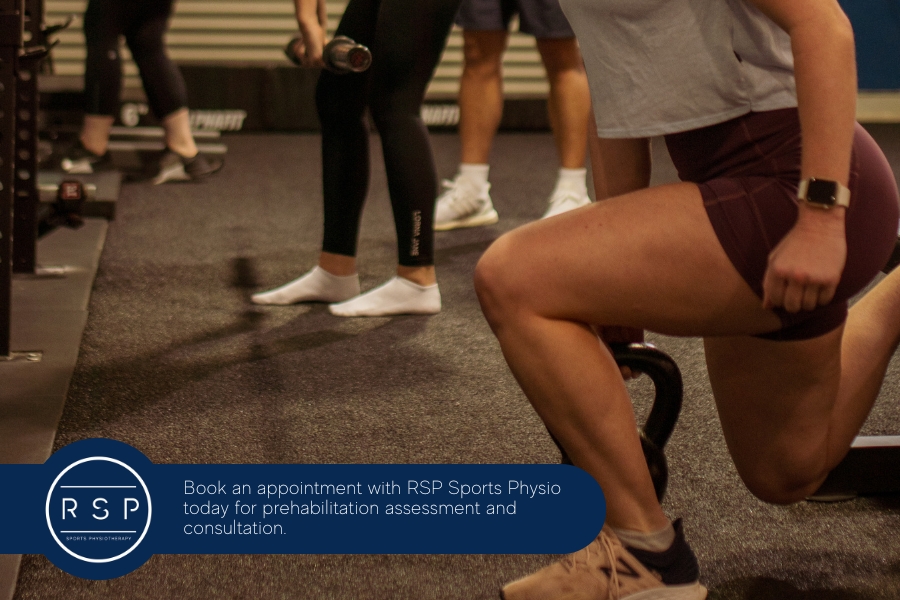The anterior cruciate ligament (ACL) is vital for knee stability, especially during sports that involve pivoting, jumping, and sudden changes in direction. When an ACL injury occurs, individuals often face a crucial decision: should they pursue non-operative treatment or opt for surgical intervention? Understanding the differences between these pathways is essential for making an informed choice that aligns with personal goals and lifestyle.
This blog post explores the two primary treatment options for ACL injuries—non-operative management, including bracing protocols, and surgical reconstruction. Each pathway has its unique benefits and considerations, and the choice often depends on factors such as the severity of the injury, associated damage to other knee structures, and individual patient goals. At RSP SPORTS PHYSIOTHERAPY, we are committed to guiding you through this decision-making process with expert insights and personalised care.
Option #1: Non-Operative Pathway
The non-operative approach to managing ACL injuries typically involves a combination of bracing and rehabilitation exercises aimed to promote healing of the injured ACL ligament.
One notable method is the Cross Bracing Protocol, which involves wearing a brace to maintain a flexed position of the knee during the acute phase of recovery (6 weeks). This protocol has shown promising results in allowing some individuals (50%) to heal without surgery. There are specific criteria one must meet to commence this option, so our physiotherapists assist with liaising with your specialist to make the right decision.
Key Features of Non-Operative Management:
- Bracing: The use of braces can provide support to the knee while allowing for ligament healing and to support movement during recovery.
- Rehabilitation: A structured rehabilitation program focusing on strengthening surrounding muscles (e.g. quadriceps, hamstrings) and improving knee stability is crucial.
- Monitoring Progress: Regular follow-ups, including MRI assessments after three months, help determine if healing has occurred or if surgical options should be considered.
Non-operative management can be particularly beneficial for individuals who may not have significant instability or who wish to avoid surgery due to personal preferences or health concerns. However, it’s essential to assess whether this approach will meet your long-term activity goals with your sports medicine team (e.g. specialist, sports physiotherapist).

Option #2: Surgical Pathway
For many athletes and active individuals, surgical intervention may be necessary to restore full function after an ACL injury. Anterior cruciate ligament reconstruction (ACLR) involves replacing the torn ligament with a graft sourced from either the patient’s body (autograft) or a donor (allograft).
The choice between graft types—such as hamstring tendon or patellar tendon—depends on various factors including age, activity level, and surgeon recommendations.
Key Features of Surgical Management:
- Graft Selection: Surgeons typically discuss options like hamstring tendon or bone-patellar tendon-bone grafts based on individual needs.
- Comprehensive Assessment: Prior to surgery, a thorough evaluation of any concomitant injuries (e.g., meniscus tears) is conducted to ensure all issues are addressed.
- Post-Surgical Rehabilitation: Following surgery, a structured rehabilitation program is critical for recovery. This includes phases focused on reducing swelling, regaining strength, and gradually returning to sports-specific activities.
While surgical pathways often lead to successful outcomes for many athletes, they also require a commitment to rehabilitation and involve recovery times from 12 to 18 months. Engaging in prehabilitation before surgery can enhance post-operative outcomes by improving strength and function before the procedure, so it’s important to see your sports physiotherapist as soon as possible following the injury.
Let RSP SPORTS PHYSIOTHERAPY assist you on your journey
Deciding between non-operative and surgical pathways for ACL injuries is a significant choice that should be made with careful consideration of individual circumstances. Both approaches have their advantages and challenges; thus, it’s essential to consult with experienced sports physiotherapists who can provide tailored advice based on your specific situation.
At RSP SPORTS PHYSIOTHERAPY, we are dedicated to helping you navigate this decision-making process. Our team of experienced sports physiotherapists will work closely with you to develop a personalised treatment plan that aligns with your recovery goals—whether that means opting for non-operative management or preparing for surgery.




